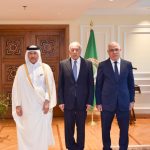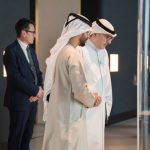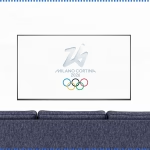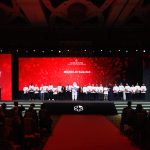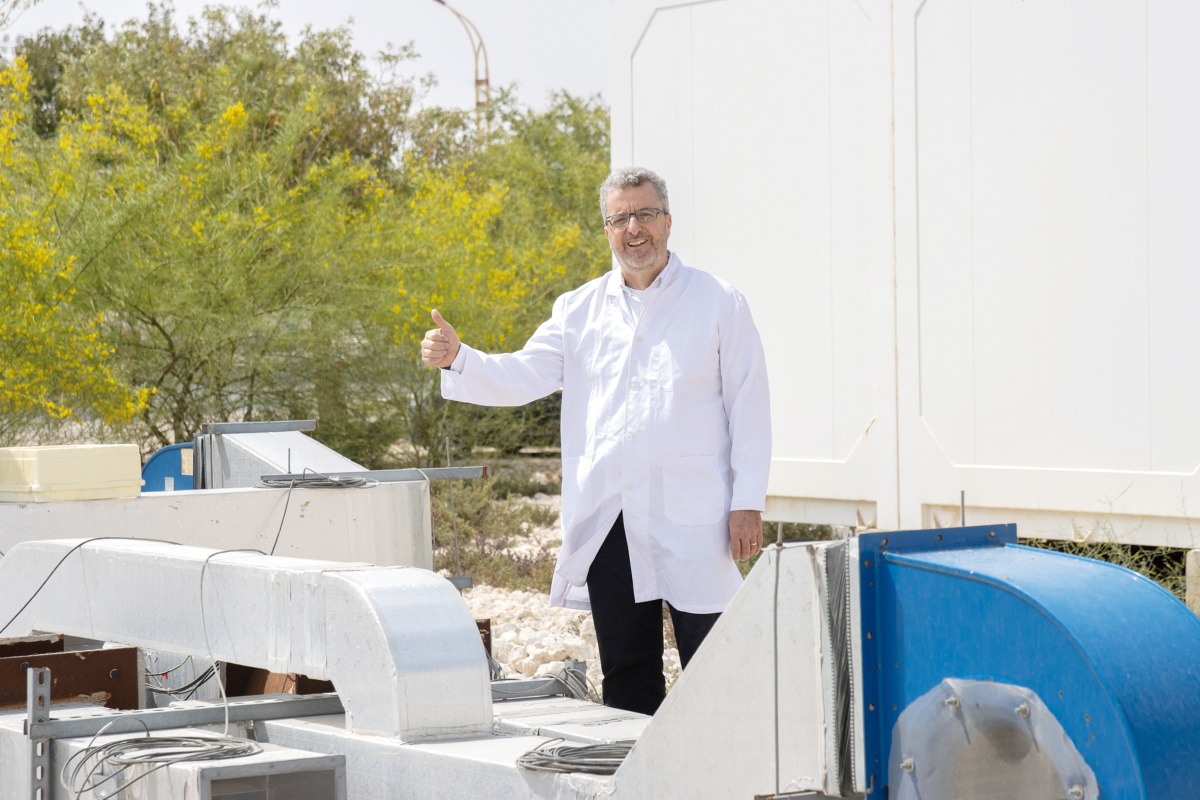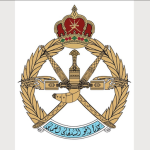Dr. Djamel Ouahrani, an Associate Professor of Architectural Engineering at Qatar University (QU), is leading a groundbreaking research initiative to develop a sustainable air conditioning system for poultry houses in hot and humid regions. This collaboration with researchers from the American University of Beirut (AUB) aims to address the challenges faced by poultry farming in maintaining optimal indoor conditions for bird welfare and productivity. With the global demand for poultry products steadily increasing, poultry farming has become a preferred method due to its eco-friendly nature, but maintaining ideal environmental conditions inside poultry houses is crucial for the welfare of birds and high-quality meat production.
In regions like Qatar, where high indoor temperatures and humidity levels can lead to heat stress in birds, the need for effective cooling and ventilation systems is paramount. Traditional methods like direct evaporative cooling (DEC) systems are commonly used in commercial poultry houses but are less effective in highly humid climates. The research project led by Dr. Djamel Ouahrani proposes the Dew-Point Indirect Evaporative Cooler (DPIEC) as an alternative to DEC, providing cooling while maintaining constant humidity. To enhance its efficiency in highly humid conditions, a hybrid system combining DPIEC with a desiccant system is being developed, with the choice of adsorbent materials like metal-organic frameworks (MOFs) offering advantages such as higher water uptake and lower regeneration energy.
Mathematical models and artificial neural networks (ANNs) are being used to optimize the performance of the sustainable ventilation system for poultry houses in hot and humid regions. A Life Cycle Cost (LCC) analysis has been conducted to evaluate the economic feasibility of the optimized systems and make recommendations for their implementation. The experimental set-up at the Zero Emissions Lab at QU includes key components like the dehumidification system, evaporative cooling system, and water reclamation unit, showcasing the innovative approach taken in this research project to address critical challenges faced by poultry farming in maintaining optimal indoor conditions for bird welfare and productivity.
The sustainable air conditioning system being developed through this research project has the potential to revolutionize poultry farming in hot and humid regions like Qatar, where traditional ventilation and cooling systems may not be as effective. By integrating cutting-edge technologies like the Dew-Point Indirect Evaporative Cooler (DPIEC) and metal-organic frameworks (MOFs) into a hybrid system, researchers aim to enhance the efficiency and sustainability of poultry house environments, benefiting bird welfare and meat production quality. The use of mathematical models, artificial neural networks, and Life Cycle Cost analysis highlights the holistic approach taken to optimize system performance and evaluate economic feasibility, ensuring that the developed solutions are practical and cost-effective for implementation in real-world settings.
As the global demand for poultry products continues to increase, the need for sustainable and efficient air conditioning systems in poultry houses becomes more pronounced. This research project led by Dr. Djamel Ouahrani at Qatar University is at the forefront of addressing these critical challenges, providing innovative solutions that can enhance bird welfare, meat production quality, and environmental sustainability. By leveraging advanced technologies and collaborations with experts from the American University of Beirut, this project aims to develop a holistic approach to ventilation and cooling systems for poultry houses in hot and humid regions, setting a new standard for sustainable poultry farming practices.


